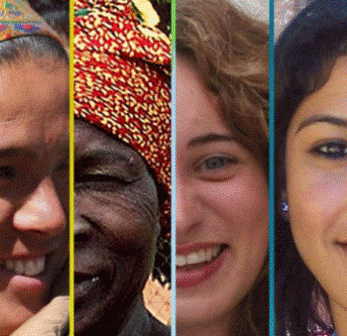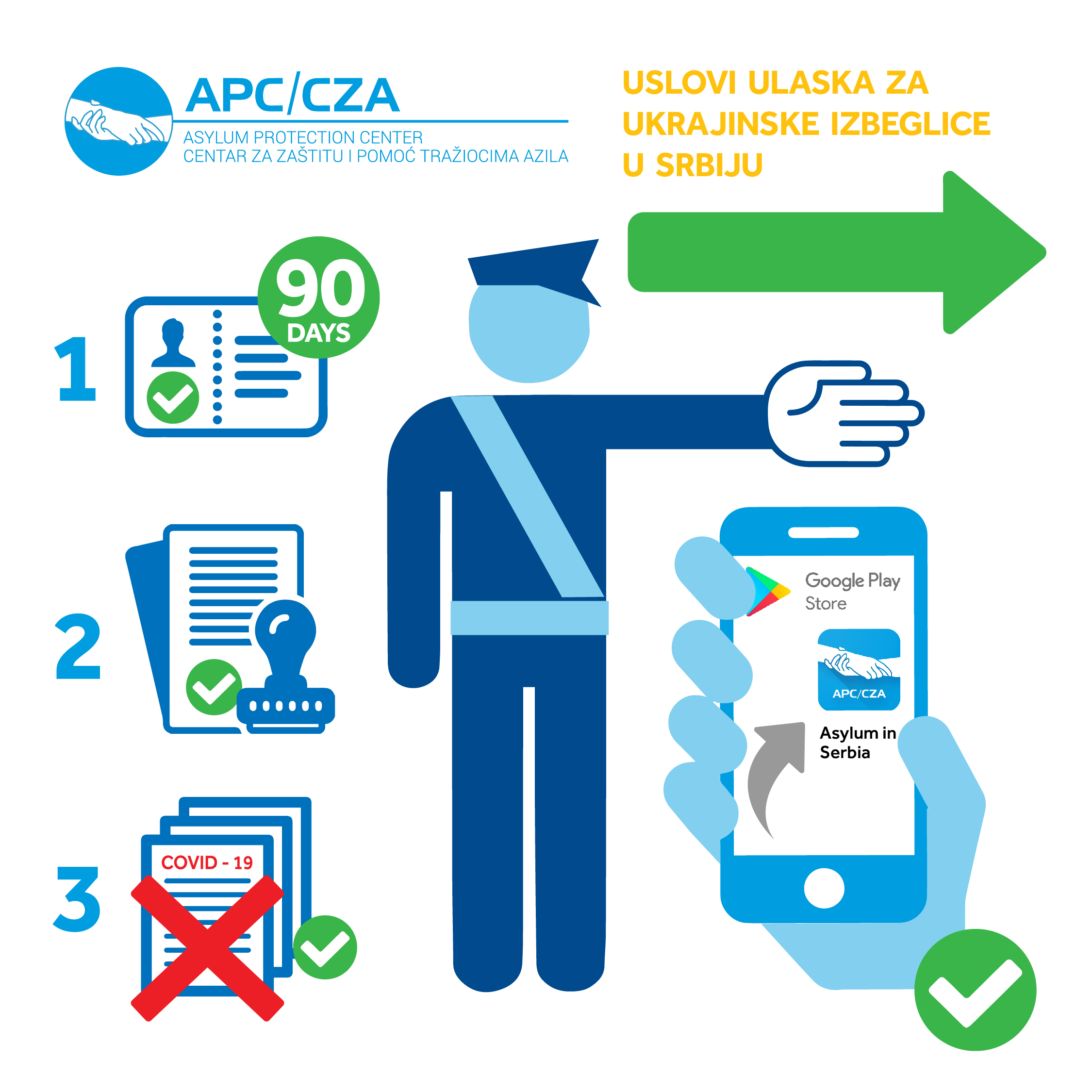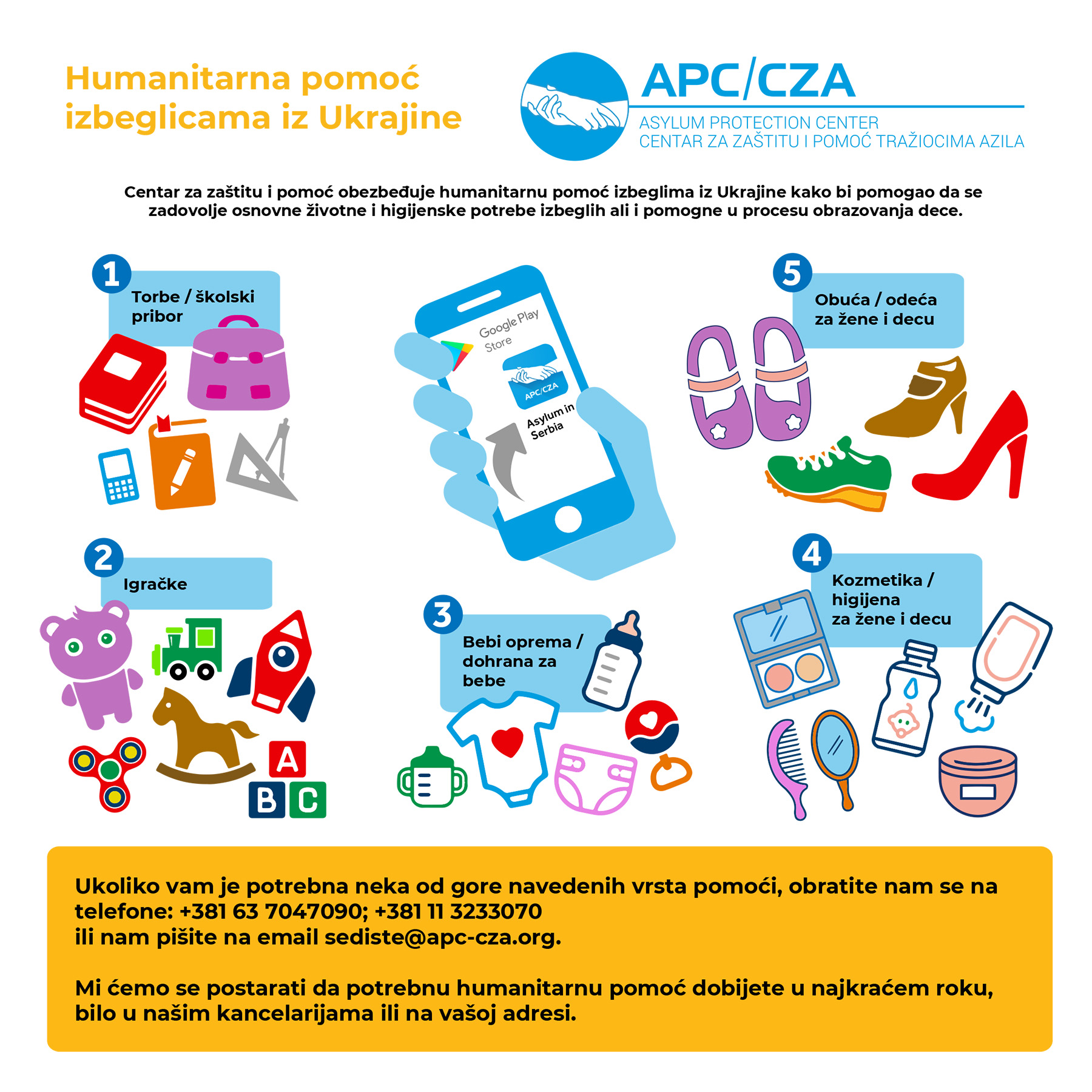Source : Euroactiv 10.03.2014.
The Swedish minister for migration, Tobias Billström, has urged the European Commission to act against countries that do not follow EU rules when it comes to shared responsibility for accepting refugees. He said that 90% of asylum seekers in the EU are currently dealt with by only nine countries and they are now tired of this situation. Most of the migrants entering the EU via Greece and Italy, but only a few seek asylum in these countries and usually head straight north. From 80.000 Syrians who have sought protection in Europe more than 50,000 went to Sweden and Germany.
Cecilia Malmström, the European commissioner for home affairs, is currently investigating migration-related violations in 12 EU member states and is threatening to take the offenders to court unless there are improvements.
Swedish Minister for Migration said that he did not buy the argument from Italy and Greece that the financial crisis was preventing them from processing and accepting more refugees. “Let’s not forget that a country like Italy is a G20 country”, he said.

Countries in the south of the EU complain that they have to struggle themselves with the mass influx of refugees, while the northern states accuse these countries that they deliberately let migrants to go further north, so that they would not have to deal with them.
According to European Commission data, 20,000 Syrians have crossed the borders of Greece and Italy last year, but only 1,100 have sought asylum in those two countries.
Sweden is facing a growing influx of asylum seekers, and the main challenges are to provide child care, education and housing for the asylum seekers. The data of the Swedish Migration Board show that in 2013 Sweden received more than 54,000 requests for asylum, and most requests were filed by citizens of Syria (16,317).
European countries have debated ways to “share the burden” of asylum seekers for more than 20 years without making much difference on the ground.
The EU’s 28 heads of states and government expressed “deep sadness” after the Lampedusa tragedy, which saw hundreds of African migrants lose their lives in October as they tried to reach the small Italian island, which acts as a gateway for asylum seekers trying to enter Europe.
Dublin Regulation from 2003, provides that migrants can seek asylum in Member State of the EU in which they first arrived, that their application can be considered only in that Member State within whose jurisdiction is also the return of migrants to the country of origin. These regulations should prevent migrants to move from one country to another, and also the abuse, in other words that asylum seekers choose countries with the most generous conditions or the submission of several applications for asylum by one person.
French President François Hollande said the EU’s agreed approach was based on three principles: acting on countries of origin and transit, strengthening border controls and fighting against human traffickers.
 AzilSrbija AzilSrbija
AzilSrbija AzilSrbija




